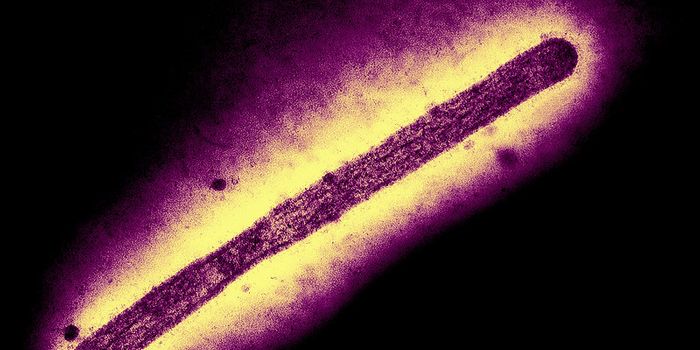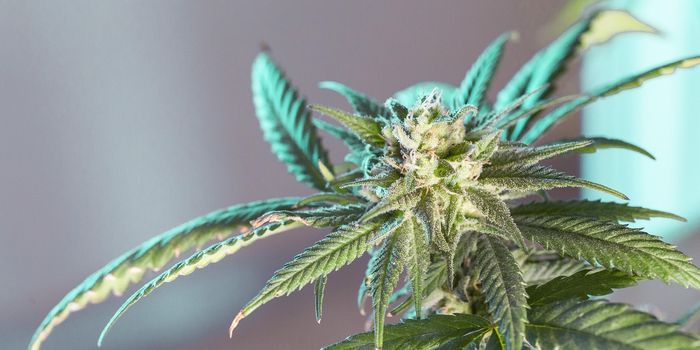4 Natural Antihistamines with No Side Effects
Over-the-counter antihistamine treatments are known to be effective for relieving allergic symptoms. However, they are also known to trigger side effects such as drowsiness and nausea. Now, studies show that some natural antihistamines are often just as effective, but come without the negative side effects.
Histamines are chemicals made by the immune system to defend against harmful pathogens. To do so, they arrive at areas of the body exposed to a potential threat via the bloodstream where they cause tissues to become inflamed. Although a key part of the body’s immune response, sometimes the body mistakenly recognizes a molecule as harmful- such as pollen- leading to a host of allergic symptoms from a runny nose and itchy eyes to a sore throat. Antihistamines are thus an obvious solution to reduce these symptoms.
Vitamin C is a good example of a natural antihistamine. In a study from 2018, researchers noticed that high doses of vitamin C taken intravenously reduced allergic symptoms. They also found that a deficiency in vitamin C may encourage allergy-related issues as vitamin C is both a strong antioxidant and anti-inflammatory. Supporting these findings, a study from 2000 suggests taking 2g of vitamin C per day to treat hay fever.
Stinging nettles are also thought to be an effective antihistamine. In research conducted in 2000, researchers found that 58% of participants were relieved of symptoms thanks to eating freeze-dried nettles. In the research, the participants consumed 300 mg of stinging nettles each day.
Bromelain has also been recognized as an effective antihistamine. Commonly found in pineapples, research has shown that it is effective in treating respiratory distress and inflammation from allergies. In particular, researchers recommend consuming 400-500 mg of the substance three times per day to experience its best effects.
Lastly, quercetin is suspected as an effective antihistamine. Found naturally in onions, apples, black tea, peppers and red wine, research found that it was able to dampen respiratory side effects by reducing inflammation in the airways among rats. Although interesting results, researchers have nevertheless concluded that until further research is conducted, it is difficult to say whether the substance should really be seen as a natural antihistamine as existing evidence is insufficient.
Sources: NIH, Medical News Today, Healthline









